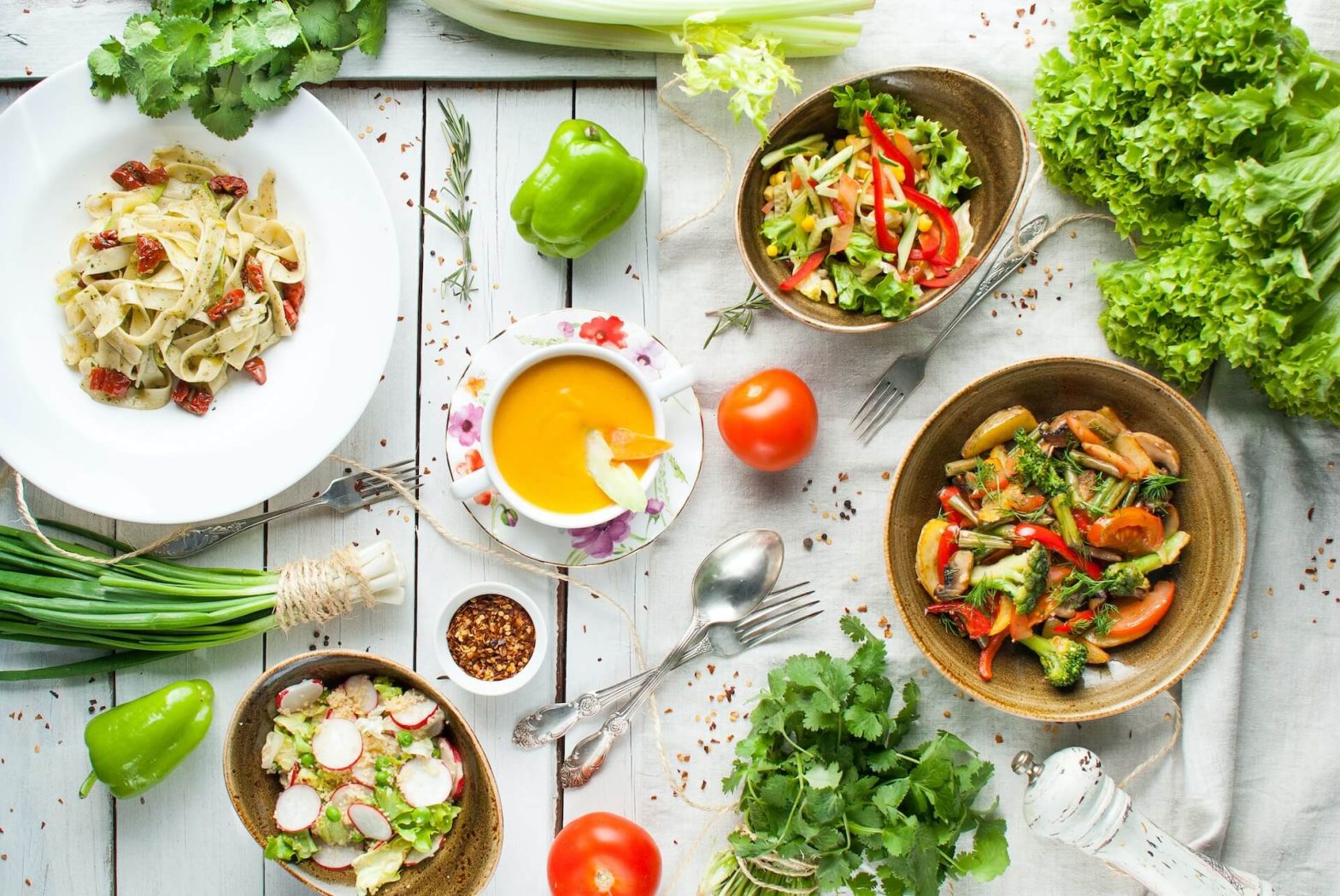Vegetarian Wine Pairing Tips

Vegetarian Wine Pairing Tips
Introduction to Vegetarian Wine Pairing
Pairing wine with vegetarian dishes can be a delightful experience, enhancing the flavors of both the food and the wine. Contrary to common belief, vegetarian cuisine offers a wide array of flavors and textures, making it an exciting challenge for wine enthusiasts to find the perfect match.
Consider the Dominant Ingredient
When pairing wine with vegetarian meals, it’s essential to consider the dominant ingredient in the dish. Whether it’s a hearty mushroom risotto or a light summer salad, understanding the primary flavors will guide you towards the most complementary wine.
For Earthy Dishes:

Dishes featuring earthy ingredients like mushrooms, lentils, or root vegetables pair beautifully with wines that have earthy undertones. Opt for a Pinot Noir or a Chianti, as these wines often have notes of forest floor, mushrooms, and herbs, complementing the earthiness of the dish.
For Light and Fresh Dishes:
Vegetarian dishes that are light and fresh, such as salads or vegetable stir-fries, call for equally refreshing wines. Consider pairing these dishes with a crisp Sauvignon Blanc or a dry Riesling. These wines offer vibrant acidity and citrus notes that elevate the freshness of the ingredients.
For Creamy Dishes:
Creamy vegetarian dishes, such as pasta Alfredo or gratins, benefit from wines with higher acidity to cut through the richness. Chardonnay, particularly those with a touch of oak, complements creamy textures while providing a balanced acidity. Alternatively, a sparkling wine like Champagne or Prosecco can serve as a palate cleanser between bites.
Match Intensity and Body
Matching the intensity and body of the wine with the dish is crucial for a harmonious pairing. Lighter-bodied wines tend to pair well with lighter dishes, while fuller-bodied wines stand up to heartier fare.
For Lighter Dishes:
Vegetarian dishes with delicate flavors, such as vegetable soups or grilled vegetables, pair best with light-bodied wines like Pinot Grigio or Gamay. These wines won’t overpower the subtle flavors of the dish, allowing them to shine.
For Hearty Dishes:
Heartier vegetarian dishes, such as bean stews or eggplant Parmesan, call for wines with more weight and structure. Look for medium to full-bodied red wines like Merlot or Syrah. These wines have enough intensity to complement the robust flavors of the dish without overwhelming them.

Experiment with Contrasting Flavors
While matching flavors is essential, don’t be afraid to experiment with contrasting flavors. Sometimes, the interplay between contrasting elements can create a truly memorable dining experience.
Acidic Wines with Spicy Dishes:
Spicy vegetarian dishes, such as Thai curries or Mexican salsas, pair surprisingly well with acidic wines like Grüner Veltliner or Gewürztraminer. The acidity in the wine helps tame the heat of the spices while enhancing their flavors.
Sweet Wines with Salty Dishes:
For salty vegetarian dishes, such as cheese platters or salted caramel desserts, consider pairing them with sweet wines like Moscato or late-harvest Riesling. The sweetness in the wine counterbalances the saltiness in the dish, creating a delightful contrast on the palate.
Final Thoughts
Pairing wine with vegetarian dishes offers endless possibilities for exploration and creativity. By considering the dominant ingredients, matching intensity and body, and experimenting with contrasting flavors, you can elevate your dining experience to new heights. Whether you’re a seasoned wine enthusiast or a curious beginner, don’t hesitate to explore the diverse world of vegetarian wine pairing.
